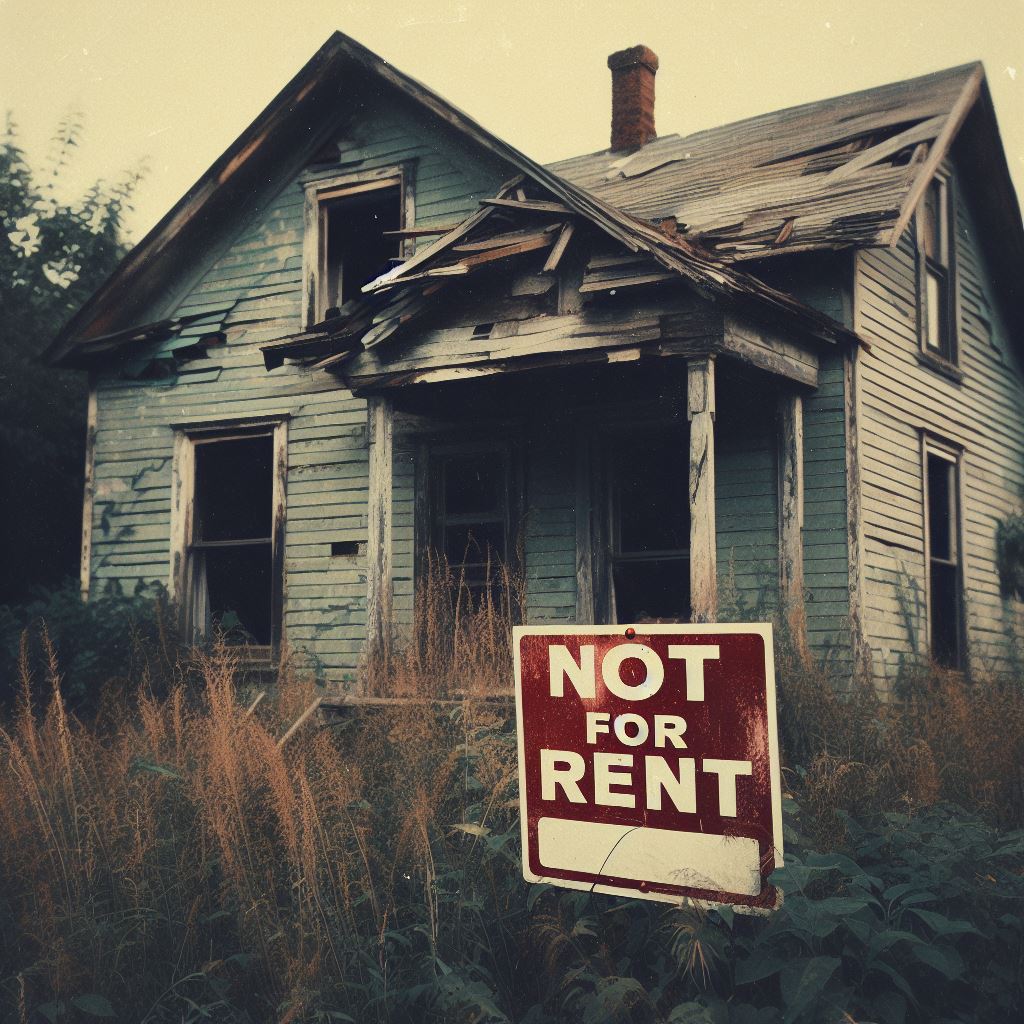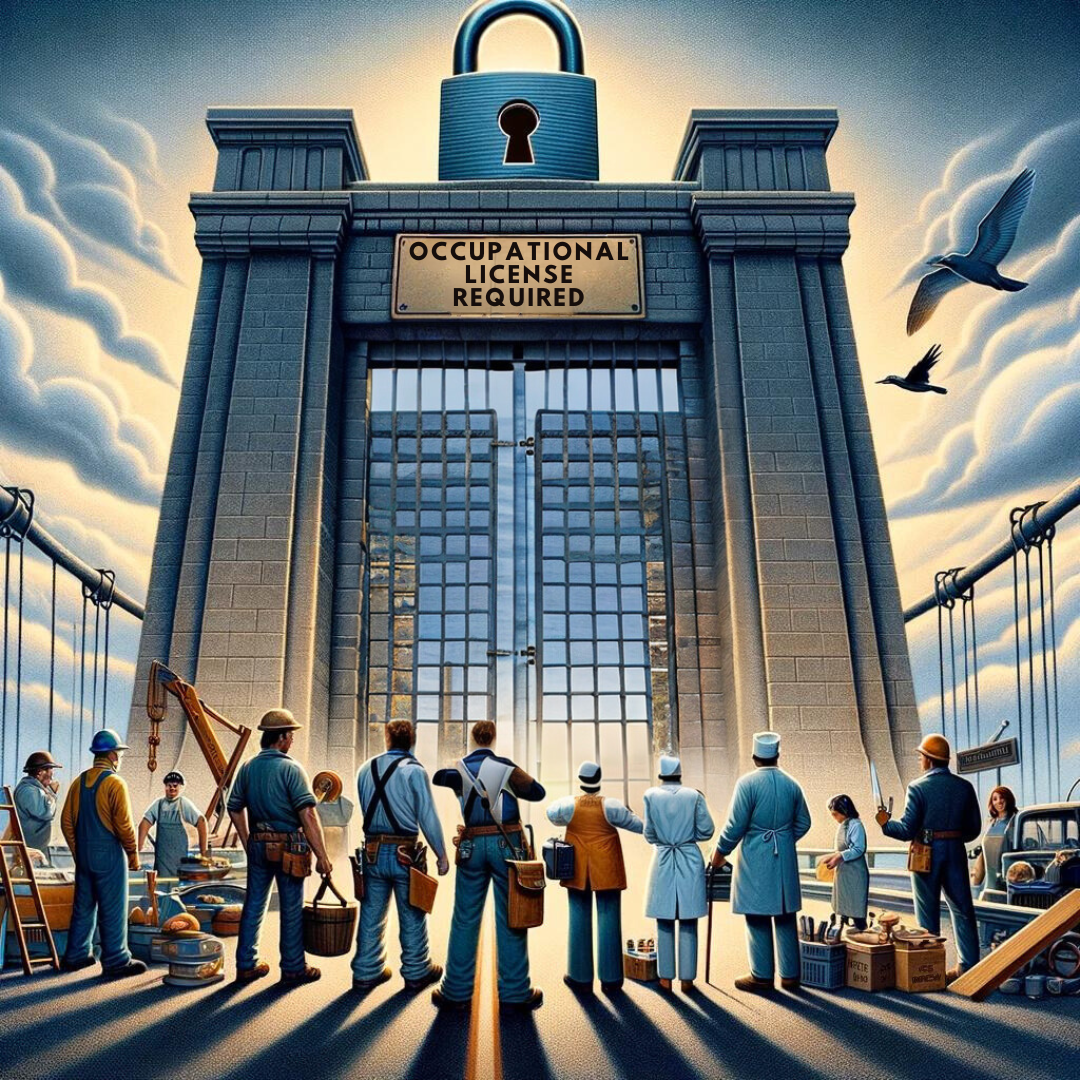National Employment Freedom Week starts today—is union membership right for you?
This week (August 14-20) is National Employment Freedom Week, a nationwide campaign dedicated to empowering union workers by helping them understand their rights when it comes to union membership and the dues they pay. The goal is to provide the state-specific information union workers need so they can make the decision that is best for them about union membership, including identifying alternatives that may better suit their needs.
Because Washington is one of the 25 states that do not have a right-to-work (RTW) law, union members in this state do not have the freedom to leave their union entirely. In a non-RTW state, union workers are limited to two options—they can become an agency fee payer or a religious/conscientious objector. A third option is to try to decertify the union. Decertification is a complex process that allows workers to vote in a special election to maintain the status quo, replace their union with a different union, or reject union representation entirely. The difficulty in meeting the requirements necessary for a decertification election means it is not a frequent occurrence.
Becoming an agency fee payer means a worker opts out of union membership but continues to pay dues for the union’s cost of representing them in collective bargaining, contract administration and grievance adjustment. Becoming a religious or conscientious means a worker’s full dues equivalent will be deducted but made payable a non-profit charity instead of the union. An objector is not a member of the union, but still covered by the labor contract the union negotiates with the employer.
Either way, the worker is forced to allow the union to negotiate with the employer on their behalf and relinquish a portion of each paycheck.
However, some union workers in Washington have recently gained new rights thanks to the U.S. Supreme Court’s 2014 decision in Harris v. Quinn. The Court found that unlike regular government employees, home health care workers are “quasi public employees.” They do not work for the state and are generally not paid directly by the state; they are care providers who work for the disabled or elderly in private homes and are paid from the government entitlement benefits received by their customers. Often these workers care for a family member and their union dues are automatically deducted from their loved-one’s monthly Medicaid check.
The Court’s ruling says states cannot force such “quasi public employees” to unionize or force them to pay union dues or agency fees. In Washington, adult family home providers, state-subsidized child care providers, home care individual providers and language access providers are quasi public employees. As put by the Office of Financial Management, they “are not state employees. They are only considered state employees for the purposes of collective bargaining.”
This means those workers now have a choice of whether they want to pay a union to represent them, and many have decided to leave their union, taking their monthly dues dollars with them.
Not surprisingly, the unions representing these workers are not happy with the Court’s ruling, and have made every effort to stymie workers from exercising their new rights. They have provided confusing information to members, filed lawsuits and tried to pass legislation to keep their members in the dark. The unions have even qualified an initiative for the November ballot (Initiative 1501) that would block outside groups who want to inform those union workers of their right under Harris v. Quinn from obtaining their contact information.
While workers covered by Harris v. Quinn now have a choice when it comes to union membership, tens of thousands of other union workers in Washington state do not. According to a new survey of union households, union members who are happy with their union still believe individual workers should have the right to say no thanks to union representation.
The survey found that while the overwhelming majority of (71%) say they would not leave their union if given the choice, 62% believe that a worker who does opt out of their union should have the right to instead represent themselves in negotiations with their employer.
That means more than two-thirds of union households believe in “worker’s choice” — where members can completely opt-out of paying any union dues or “agency fees,” and instead negotiate directly with their employer. Conversely, the union has no obligation to include those workers in their contract negotiations and would negotiate separately on behalf of their own members.
A worker’s choice policy would benefit both unions and workers, releasing workers from unwanted union representation and relieving unions from providing services to workers who do not want to pay for them.
To learn more about how to opt out of union membership in Washington, check out this step-by-step resource from the Freedom Foundation.
Because Washington is one of the 25 states that do not have a right-to-work (RTW) law, union members in this state do not have the freedom to leave their union entirely. In a non-RTW state, union workers are limited to two options—they can become an agency fee payer or a religious/conscientious objector. A third option is to try to decertify the union. Decertification is a complex process that allows workers to vote in a special election to maintain the status quo, replace their union with a different union, or reject union representation entirely. The difficulty in meeting the requirements necessary for a decertification election means it is not a frequent occurrence.
Becoming an agency fee payer means a worker opts out of union membership but continues to pay dues for the union’s cost of representing them in collective bargaining, contract administration and grievance adjustment. Becoming a religious or conscientious means a worker’s full dues equivalent will be deducted but made payable a non-profit charity instead of the union. An objector is not a member of the union, but still covered by the labor contract the union negotiates with the employer.
Either way, the worker is forced to allow the union to negotiate with the employer on their behalf and relinquish a portion of each paycheck.
However, some union workers in Washington have recently gained new rights thanks to the U.S. Supreme Court’s 2014 decision in Harris v. Quinn. The Court found that unlike regular government employees, home health care workers are “quasi public employees.” They do not work for the state and are generally not paid directly by the state; they are care providers who work for the disabled or elderly in private homes and are paid from the government entitlement benefits received by their customers. Often these workers care for a family member and their union dues are automatically deducted from their loved-one’s monthly Medicaid check.
The Court’s ruling says states cannot force such “quasi public employees” to unionize or force them to pay union dues or agency fees. In Washington, adult family home providers, state-subsidized child care providers, home care individual providers and language access providers are quasi public employees. As put by the Office of Financial Management, they “are not state employees. They are only considered state employees for the purposes of collective bargaining.”
This means those workers now have a choice of whether they want to pay a union to represent them, and many have decided to leave their union, taking their monthly dues dollars with them.
Not surprisingly, the unions representing these workers are not happy with the Court’s ruling, and have made every effort to stymie workers from exercising their new rights. They have provided confusing information to members, filed lawsuits and tried to pass legislation to keep their members in the dark. The unions have even qualified an initiative for the November ballot (Initiative 1501) that would block outside groups who want to inform those union workers of their right under Harris v. Quinn from obtaining their contact information.
While workers covered by Harris v. Quinn now have a choice when it comes to union membership, tens of thousands of other union workers in Washington state do not. According to a new survey of union households, union members who are happy with their union still believe individual workers should have the right to say no thanks to union representation.
The survey found that while the overwhelming majority of (71%) say they would not leave their union if given the choice, 62% believe that a worker who does opt out of their union should have the right to instead represent themselves in negotiations with their employer.
That means more than two-thirds of union households believe in “worker’s choice” — where members can completely opt-out of paying any union dues or “agency fees,” and instead negotiate directly with their employer. Conversely, the union has no obligation to include those workers in their contract negotiations and negotiates separately on behalf of their own members.
A worker’s choice policy benefits both unions and workers, releasing workers from unwanted union representation and relieving unions from providing services to workers who do not want to pay for them.
To learn more about how to opt out of union membership in Washington, check out this step-by-step resource from the Freedom Foundation.







